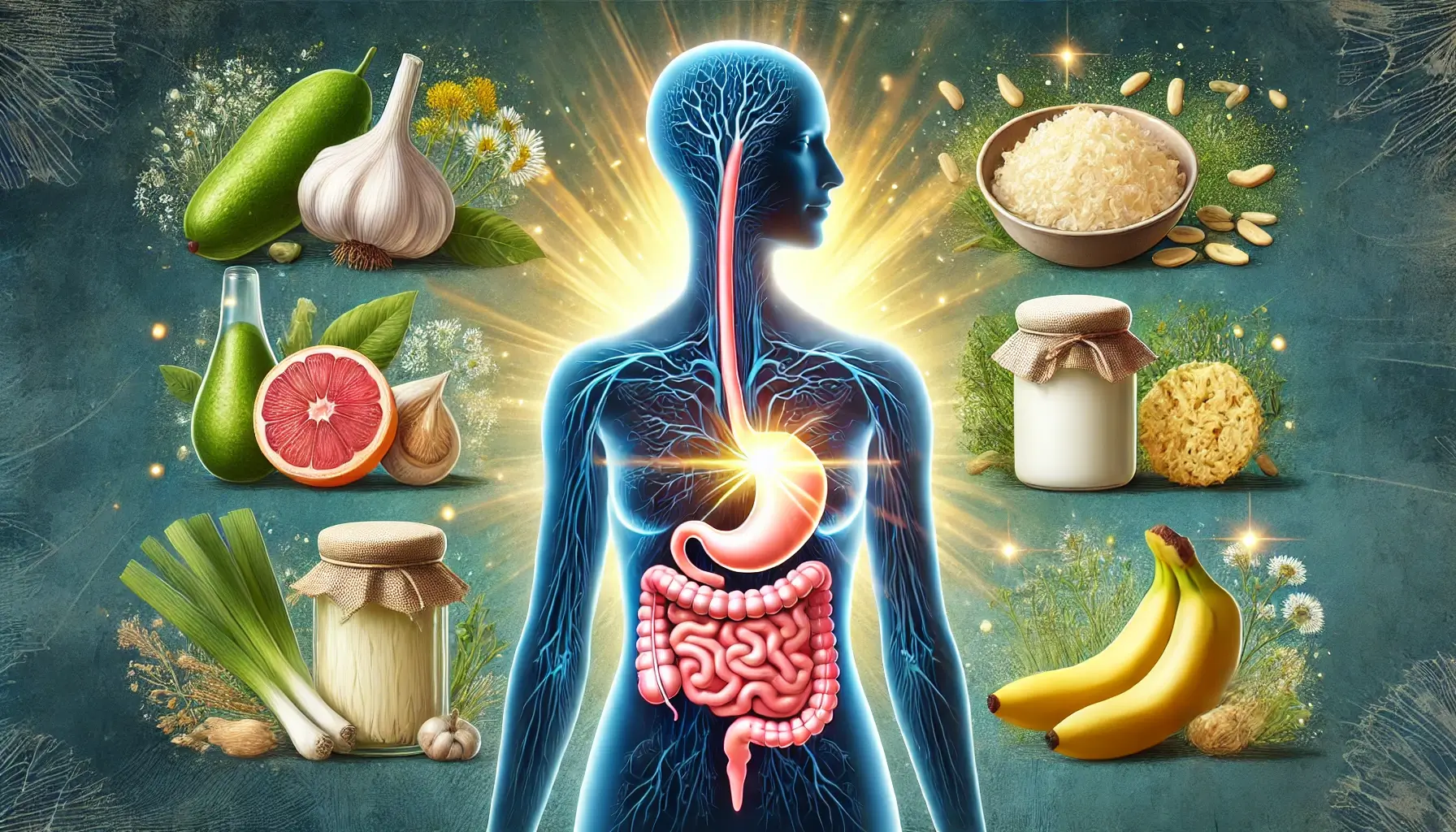What are the Most Common Digestive Issues and Symptoms
There is no reason to suffer from digestive conditions any longer. There are several treatments available, and not all are expensive. If you think you may have any of these conditions, please consult your primary care doctor.
Acid Reflux
This condition is most common in individuals who consume high-fat, high-calorie foods. The stomach acid refluxes back up into the esophagus and the mouth, creating an unpleasant taste and smell. In addition, when stomach acids enter the esophagus, they cause a burning sensation. While this can make it hard to eat, this painful burning sensation can be relieved; see your primary care physician. This condition is not dangerous; however, it can be very uncomfortable, particularly for those who frequently consume large amounts of liquids throughout the day.
Diarrhea
Many people mistakenly believe that diarrhea is associated with some other illness. Instead, it can be a symptom of more serious digestive problems such as heartburn, ulcers, or cancer.
Digestive Bacterial Overgrowth
Bacteria in the digestive system can overgrow when the body is under stress. For example, ingesting foods rich in yeast or sugar can cause a buildup of toxins in the body that will irritate the stomach, and bacterial overgrowth will happen.
Irritable Bowel Syndrome
Sometimes the fungus present in the body can cause the body to produce too much, resulting in stomach acid production. Once these stomach acids reach the small intestine, they will cause symptoms similar to irritable bowel syndrome.
Celiac Disease
If your body has a negative response to gluten, you could suffer from this protein reaction disorder. This condition affects the small intestine and can cause diarrhea, fatigue, nausea, abdominal pain, bloating, and vomiting.
There are many ways to avoid gluten foods. You can also opt for gluten-free dietary supplements. Buying nutritional supplements made with wheat should be avoided. Some of them contain only wheat, while others contain wheat gluten. Buying them will also save you a lot of money, and you can avoid the problems associated with them.
However, if you are allergic to gluten, you should be aware of the risks of these products. If you suspect that you are suffering from a gluten allergy, you should immediately consult a gastroenterologist or allergy specialist.
If You Have a History of Gluten Sensitivity
The symptoms of celiac disease can include diarrhea, bloating, cramps, gas, bone pain, slow growth, low blood count, and other health problems. Although many people do not have these symptoms, it is best to visit a doctor and discuss your symptoms.
If you have a history of gluten sensitivity, it may be beneficial to eliminate gluten from your diet. But if you are unsure whether you’re prone to this condition, you can start by reading up on the best way to avoid the food.
Among the most common sources of gluten are foods made from wheat. Wheat varieties may also contain gluten, as can brewer’s yeast, a byproduct of beer-making. In addition, be aware that most flavored alcoholic beverages contain gluten, including beer and wine. Other familiar sources of gluten include bread, pasta, salad dressing, sauces, and even cereal. You should ask your server if they can accommodate you if you have a particular dietary need.













